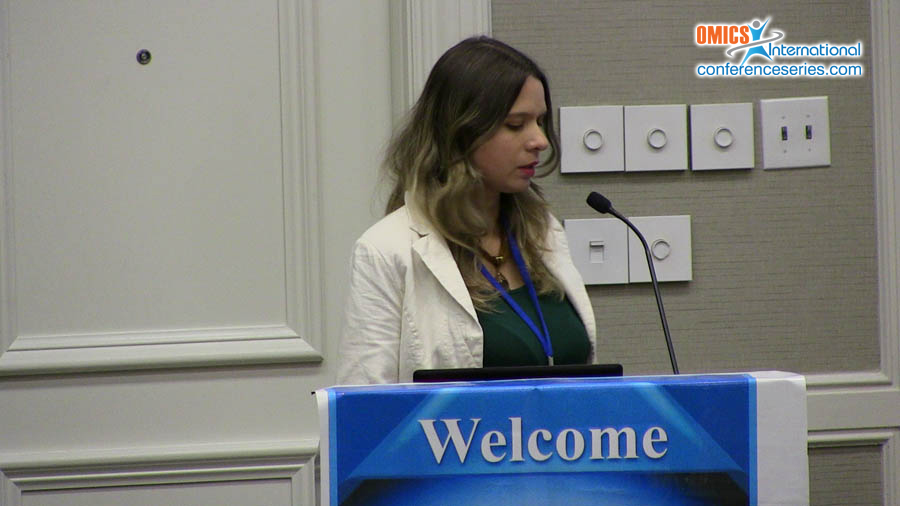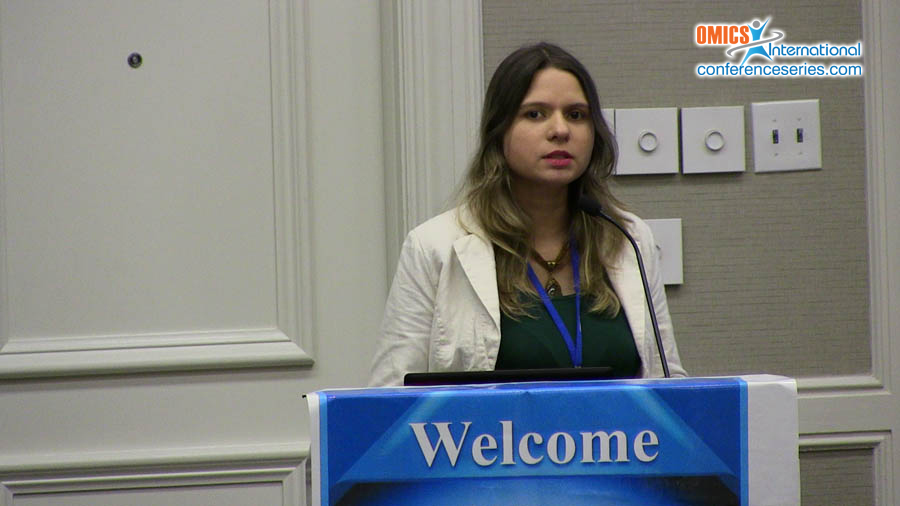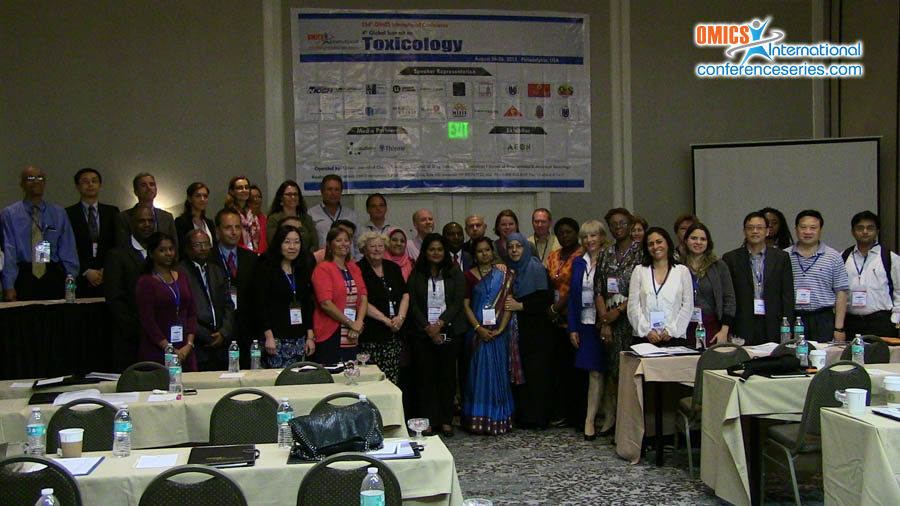
Nilmara de Oliveira Alves
University of São Paulo, Brazil
Title: The effects of biomass burning from Amazon region in human lung cells
Biography
Biography: Nilmara de Oliveira Alves
Abstract
The Brazilian Amazon population has been negatively affected by biomass burning. The majority of forest fire hotspots in the Amazon take place in the deforestation arcwith a population of over 10 million inhabitants.However, there are few studies to understand the mechanism of action of aerosols in human health. Thus, we collected filters with particulate matter (PM10) to investigate the effects of biomass burning at molecular and cellular levelsusing human lung cells (A549). The chromatography-mass spectrometry analysis showed the presence of carcinogenic and mutagenic compounds. After chemical analysis, we defined a dose below the limit established by the World Health Organization (30 µg/m3). After 24 hours of exposure,there was an increase of pro-inflammatory cytokines and in ROS generation, in a dose and time dependent manner. Besides, there was an induction of cell cycle arrest at G1 phase, as well as an increase in the expression p53 protein and formation of DNA strand breaks. After 72 hours, we detected a significant increase of cells in the sub-G1 fraction, indicating apoptosis. Additionally, we observed the phosphorylation of H2AX (γ-H2AX), which correlated with the activation of caspase 3, suggesting that the induction of γ-H2AXmay be associated with the DNA fragmentation during apoptosis. We also observed that necrosis is a cell demise pathway induced by PM10. This study shows an important advance in understanding the toxic cellular and molecular effects induced by PM10 that can be related to the increase potential of human health impacts in the Amazon region.



